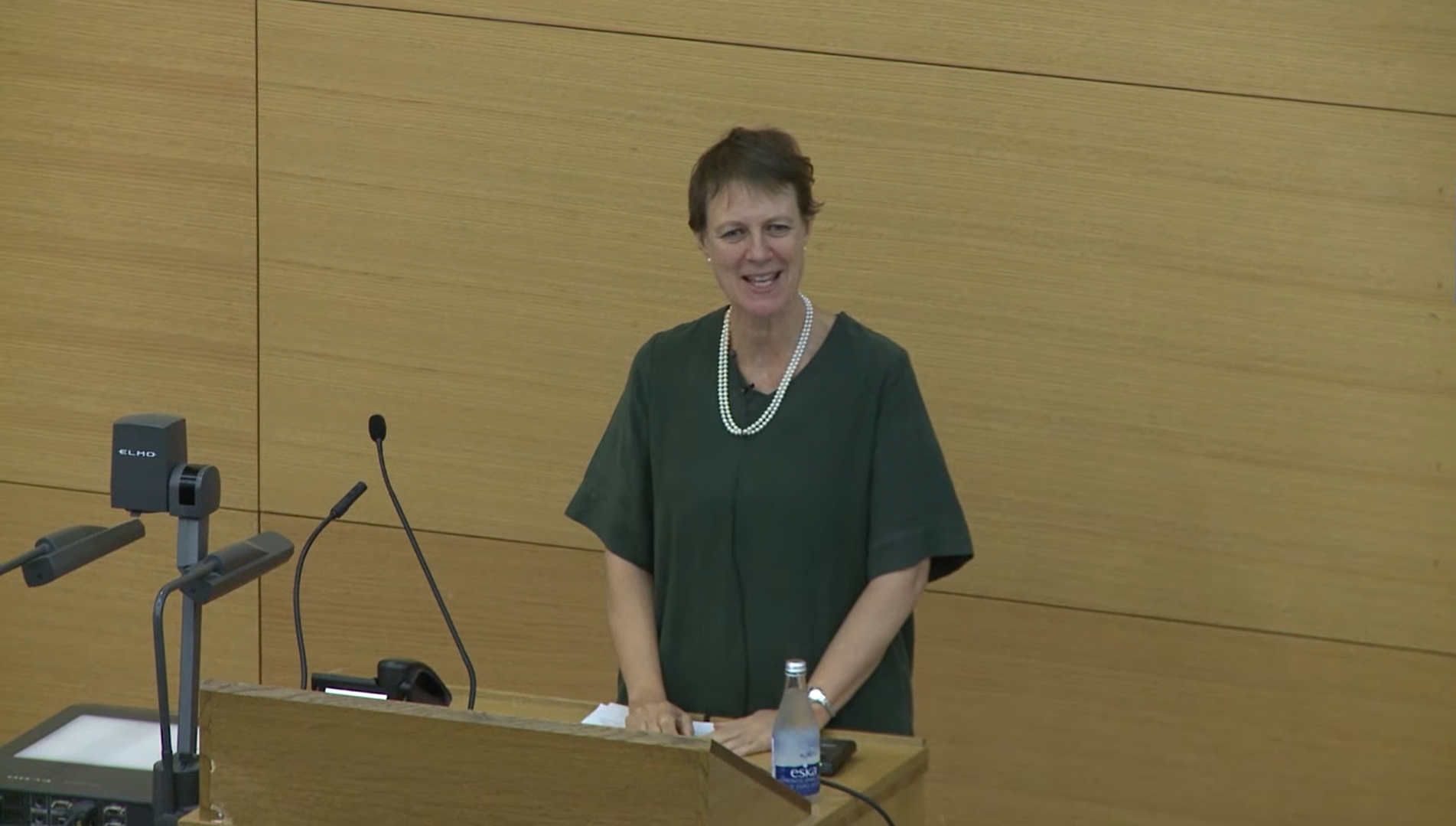Land's End: Capitalist Relations on an Indigenous Frontier.
2014. Duke University Press.
Drawing on two decades of ethnographic research in Sulawesi, Indonesia, Tania Murray Li offers an intimate account of the emergence of capitalist relations among indigenous highlanders who privatized their common land to plant a boom crop, cacao. Spurred by the hope of ending their poverty and isolation, some prospered, while others lost their land and struggled to sustain their families. Yet the winners and losers in this transition were not strangers—they were kin and neighbors. Li’s richly peopled account takes the reader into the highlanders’ world, exploring the dilemmas they faced as sharp inequalities emerged among them.
The book challenges complacent, modernization narratives promoted by development agencies that assume inefficient farmers who lose out in the shift to high-value export crops can find jobs elsewhere. Decades of uneven and often jobless growth in Indonesia meant that for newly landless highlanders, land’s end was a dead end. The book also has implications for social movement activists, who seldom attend to instances where enclosure is initiated by farmers rather than coerced by the state or agribusiness corporations. Li’s attention to the historical, cultural, and ecological dimensions of this conjuncture demonstrates the power of the ethnographic method and its relevance to theory and practice today.
Book Resources
Multimedia
Reviews
Journal of Peasant Studies Review Symposium on Land's End (PDF) - Henry Bernstein (2016), JPS review symposium on Land’s End, The Journal of Peasant Studies, 43:4, 942-946
Review by Miles Kenney-Lazar (PDF) - International Development Planning Review (2016), pp. 449-450
Review by Holly High (PDF) - Oceania (2016), pp. 209-210
Review by Jonathan Rigg (PDF) - Pacific Review 89.2 (2016), pp. 489-491
Debate by David Henley, et al. (PDF) - Bijdragen Tot de Taal - Land - En Volkenkunde 172 (2016), pp. 91-106
Review by Elena Hofferberth (PDF) - Progress in Development Studies (16.1, 2016, pp. 103–104)
Review by Susan M. Darlington (PDF) - American Ethnologist (February 2016, 43.1, pp. 174-175)
Review by Luisa Steur (PDF) - Copenhagen Journal of Asian Studies (33.2, 2015, pp. 106-110)
Review by Shane Green (PDF) - American Anthropologist (117.4, December 2015, pp. 848-849)
Review by Ben White - Development and Change (46.6, pp. 1392-4000)
Review by Sarah Lyon - in Anthropological Quarterly (88.3, Summer 2015, pp. 827-830)
Review by Vinay Gidwani (PDF) - in Antipode: A Radical Journal of Geography
Review by Christopher Webb (PDF) - Canadian Journal of Development Studies (36.2, pp. 259-261)
Review by Patrick Guinness (PDF) - in The Asia Pacific Journal of Anthropology (16.4, pp. 424-429)
Review by Faizah Zakaria (PDF) - Southeast Asian Studies (4.3, December 2015, pp. 626-229)
Endorsements
“This is a wonderful book. It may have the biggest general impact of a book centered on Southeast Asian rural social dynamics since James Scott’s seminal Weapons of the Weak. With unusual clarity and great persuasiveness, Tania Murray Li explores theoretical and methodological issues through vivid depictions of people’s lives.”
— Henry Bernstein, Professor Emeritus of Development Studies, University of London
“For anyone interested in ongoing dispossession and enduring inequalities, this powerful and compelling book is essential. Tania Murray Li shows how access to land, labor, and food eroded gradually and insidiously for many people, in a manner that undermined oppositional movements.”
— Gillian Hart, author of Rethinking the South African Crisis: Nationalism, Populism, Hegemony
“Tania Murray Li, one of the foremost scholars of the native peoples, economies, and ecologies of Southeast Asia, here tells the subtle and challenging story of the Lauje, a group who defy cliches of indigeneity and whose destructive involvement in commodity production was willingly embraced. Her analysis complicates our understanding of rural agrarian transformation and the expansion of global capitalism, by showing how this adoption of export tree crops–unlike a century ago in Indonesia’s outer islands–is leading to a literal ‘land’s end.’ The value and power of this volume, based on twenty years of fieldwork, lies in its telling a difficult, nuanced story of the millions who do not fit into easy, pre-existing categories and narratives of modern rural transformation.”
— Michael R. Dove, editor of Beyond the Sacred Forest: Complicating Conservation in Southeast Asia









